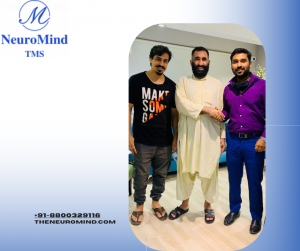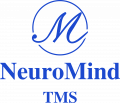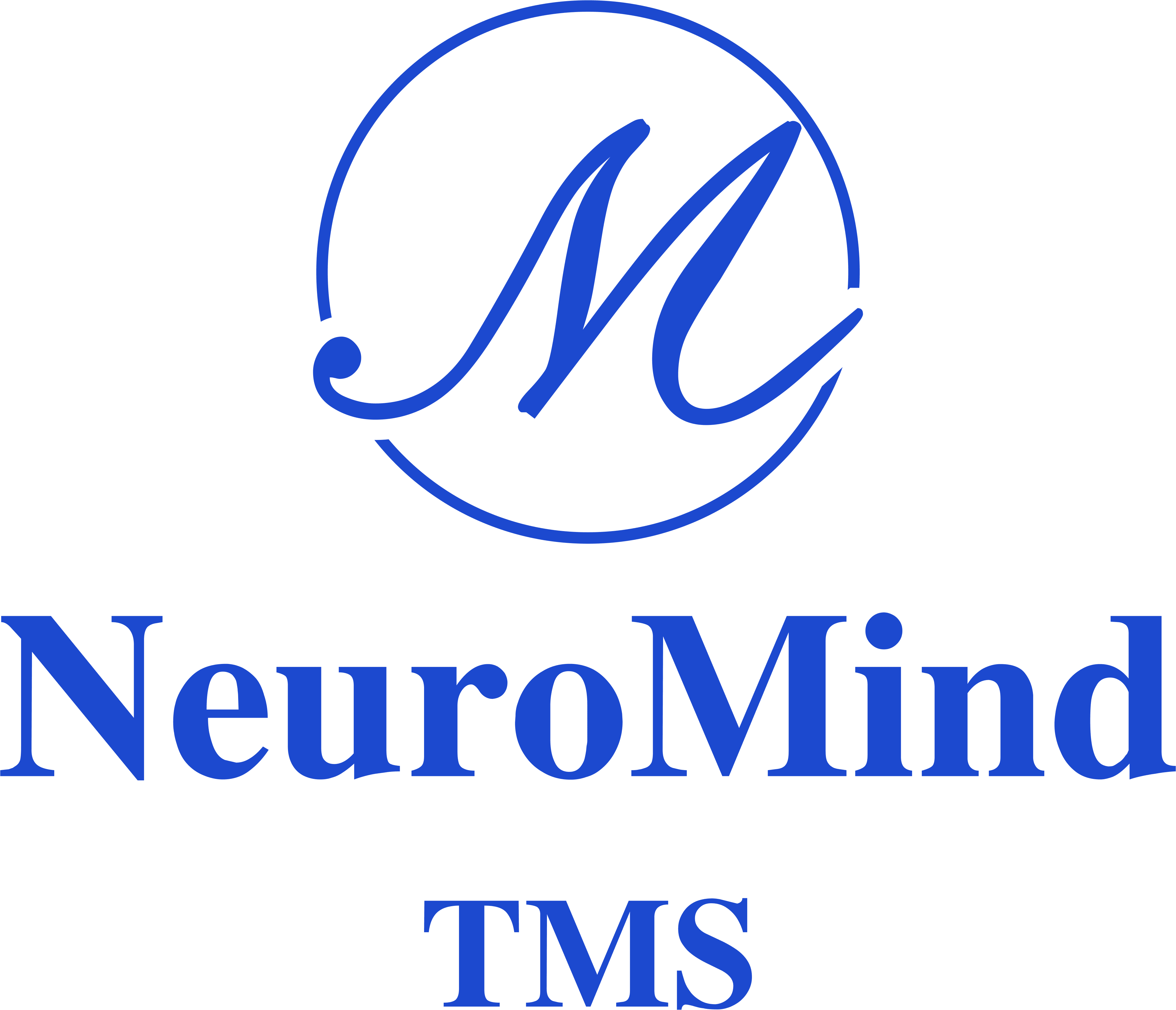Yoga Therapy
With its emphasis on breathing practices and meditation—both of which help calm and center the mind— it’s hardly surprising that yoga also brings mental benefits, such as reduced anxiety and depression. What may be more surprising is that it actually makes your brain work better.
A Sharper Brain
When you lift weights, your muscles get stronger and bigger. When you do yoga, your brain cells develop new connections, and changes occur in brain structure as well as function, resulting in improved cognitive skills, such as learning and memory.
Yoga strengthens parts of the brain that play a key role in memory, attention, awareness, thought, and language. Think of it as weightlifting for the brain.
Studies using MRI scans and other brain imaging technology have shown that people who regularly did yoga had a thicker cerebral cortex (the area of the brain responsible for information processing) and hippocampus (the area of the brain involved in learning and memory) compared with nonpractitioners.
These areas of the brain typically shrink as you age, but the older yoga practitioners showed less shrinkage than those who did no yoga. This suggests that yoga may counteract age-related declines in memory and other cognitive skills.
Research also shows that yoga and meditation may improve executive functions, such as reasoning, decision-making, memory, learning, reaction time, and accuracy on tests of mental acuity.
Protect Yourself from the Damage of Chronic Inflammation:
Science has proven that chronic, low-grade inflammation can turn into a silent killer that contributes to cardiovascular disease, cancer, type 2 diabetes, and other conditions. Get simple tips to fight inflammation and stay healthy – from Harvard Medical School experts.
Protect yourself from the damage of chronic inflammation. A couple running in the woods
Improved Mood
All exercise can boost your mood by lowering levels of stress hormones, increasing the production of feel-good chemicals known as endorphins, and bringing more oxygenated blood to your brain. But yoga may have additional benefits. It can affect mood by elevating levels of a brain chemical called gamma-aminobutyric acid (GABA), which is associated with better mood and decreased anxiety.
Meditation also reduces activity in the limbic system—the part of the brain dedicated to emotions. As your emotional reactivity diminishes, you have a more tempered response when faced with stressful situations.
Drugs and talk therapy have traditionally been the go-to remedies for depression and anxiety. But complementary approaches, such as yoga, also helps, and yoga stacks up well when compared with other complementary therapies.
A review of 15 studies, published in the journal Aging and Mental Health, looked at the effect of a variety of relaxation techniques on depression and anxiety in older adults. In addition to yoga, interventions included massage therapy, progressive muscle relaxation, stress management, and listening to music. While all the techniques provided some benefit, yoga and music were the most effective for both depression and anxiety. And yoga appeared to provide the longest-lasting effect.
A number of small studies have found that yoga can help with post-traumatic stress disorder (PTSD). It is not used by itself, but as an add-on treatment to help reduce intrusive memories and emotional arousal and to produce calmer, steadier breathing. Deep, slow breathing is associated with calmer states because it helps activate the parasympathetic nervous system.
Our society has become driven by speed and pressure; this is why the well-being of our minds has become a severe matter of concern for many people. Coming in the line of various daily responsibilities, work, and relationships, one may face a lot of strain and stress. Lastly, holistic answers that lead to the relief of this problem – Yoga therapy – are to be found.
NeuroMind aspires to present its novel Yoga Therapy for Depression program to improve well-being and enhance one’s life. The built-in linkage between mind, body, and soul makes our Yoga Therapy sessions EXCLUSIVE in offering total mental health treatment that is more comprehensive than traditional treatments do.
Yet the question of examining mental health in yoga emergence is still present. Let’s explore the numerous ways in which it can benefit your mind and body:
Yoga:
Yoga for mental health is a set of practices stemming from ancient Indian philosophy that consists of physical postures (asanas), breathing techniques (pranayama), meditation, mindfulness, and ethical principles.
In the traditional essence of it, yoga focuses on holistic health maintenance, which is achieved through the integration of the body, the mind, and the spirit. This process is characterized by self-awareness, self-discovery, and spiritual development.
Usually, yoga classes are held in a group environment, where a yoga instructor directs the students from simple to more complex poses. Depending on the teacher and the yoga style, these classes can concentrate on physical fitness, flexibility, stress management, or spirituality.
Yoga does more than improve one’s flexibility, strength, and stress levels; it focuses on the person rather than treating their unique health condition.
Yoga Therapy:
Yoga therapy is a specially designed therapy method that corresponds to the principles and practices of yoga in dealing with health issues, symptoms, or diseases.
Unlike general yoga classes, which take every student equally, yoga therapy sessions provide an individualized approach to fit every client’s needs and targets. A certified yoga therapist performs an examination, which includes the client’s medical history, physical abilities, and psychological well-being.
Yoga therapy utilizes physical postures, breathing exercises, relaxation techniques, mindfulness practices, and meditation to heal and improve the body’s health.
The primary mission of yoga therapy is to relieve symptoms, restore function, and improve the general health of an individual. It has proven effective as an adjunct treatment for the above medical problems like chronic pain, anxiety, depression, PTSD, and Alzheimer’s.
The education of yoga therapists goes through a comprehensive curriculum, where the subjects involved are anatomy, physiology, psychology, and the therapeutic applications of yoga to ensure safe and effective client healing.
Yoga Therapy for Depression:
oga for mental health is a set of practices stemming from ancient Indian philosophy that consists of physical postures (asanas), breathing techniques (pranayama), meditation, mindfulness, and ethical principles. In the traditional essence of it, yoga focuses on holistic health maintenance, which is achieved through the integration of the body, the mind, and the spirit. This process is characterized by self-awareness, self-discovery, and spiritual development. Usually, yoga classes are held in a group environment, where a yoga instructor directs the students from simple to more complex poses. Depending on the teacher and the yoga style, these classes can concentrate on physical fitness, flexibility, stress management, or spirituality. Yoga does more than improve one’s flexibility, strength, and stress levels; it focuses on the person rather than treating their unique health condition.
It is a widespread mental disorder that usually entails a low mood level and disability to enjoy life and has a negative influence on people’s quality of life. Through the integration of various techniques such as physical poses, breathing exercises, and mindfulness meditation, yoga therapy serves as a gentle yet effective way of therapeutically regulating depressive symptoms in those suffering from the condition. Volunteers are also needed to undertake other program activities successfully for poverty elimination and to address persisting problems.
Yoga for Anxiety:
Anxiety disorders can be generalized, social, and panic attacks, which may have some complex forms. Yoga arts have a safe and supporting environment, allowing individuals to experiment with relaxation techniques, breathing exercises, and even meditation practices, which can relieve anxiety symptoms. It is one of the therapeutic attributes of yoga, which helps the audience experience a sense of calmness and inner peace; thereby, individuals are endowed with more ideas for dealing with anxiety.
Yoga for Mental Clarity:
Given our current time-consuming lives, concentration and clarity are rare, and the clouds of distractions and anxiety cover the unwanted things we do not desire to think about. Practicing yoga as therapy, we create the space where one consciously realizes the bliss of mind through disciplined breathing, mindful meditation and allowing the body to move calmly. With nurturing calmness in mind chatter and enabling presence, individuals can gain increased power of concentration and cognitive performance.
Yoga Physical Therapy:
Yoga physical therapist blends physical therapy techniques with yoga principles to treat muscle problems, chronic pain, and physical restrictions. People can achieve more flexibility, strength, and mobility by deliberately applying yoga postures and therapeutic exercises, resulting in improved physical health and less discomfort.
Yoga Mental Health Benefits:
Yoga Therapy for depression and emotional benefits are fantastic just as much as the physical ones. By diminishing stress levels, producing relaxation, and developing self-awareness, it can help individuals face life’s obstacles better. Furthermore, the therapy encourages a connection among the mind, body, and soul, which creates inner harmony and equilibrium.
Mechanism of Yoga Therapy
Initial Consultation:
This journey starts with a first session in which you’ll get acquainted with one of our professional yoga instructors. You can discuss your medical history, current issues, and long-term wellness goals in this meeting. Our therapist will listen to you to comprehend your unique needs, and they will develop a whole picture of your physical, mental, and emotional state.
Assessment and Goal Setting:
Personalized Yoga Practice:
Mindfulness and Meditation:
Home Practice Plan:
Ongoing Support and Monitoring:
Conclusion
Frequently Asked Questions (FAQs)
We have submitted a FAQs list that people always ask us
How does TMS therapy work
How much does TMS therapy cost in Delhi?
What are the side effects of TMS therapy?
Video Testimonials by Patient
Testimonials by Patient










With access to
24 Hour
APPOINTMENT
Assistance
Our 24-hour appointment is available for everyone whenever urgent situations arise. Get essential care even during evenings, weekends, holidays, or other non-standard times.



